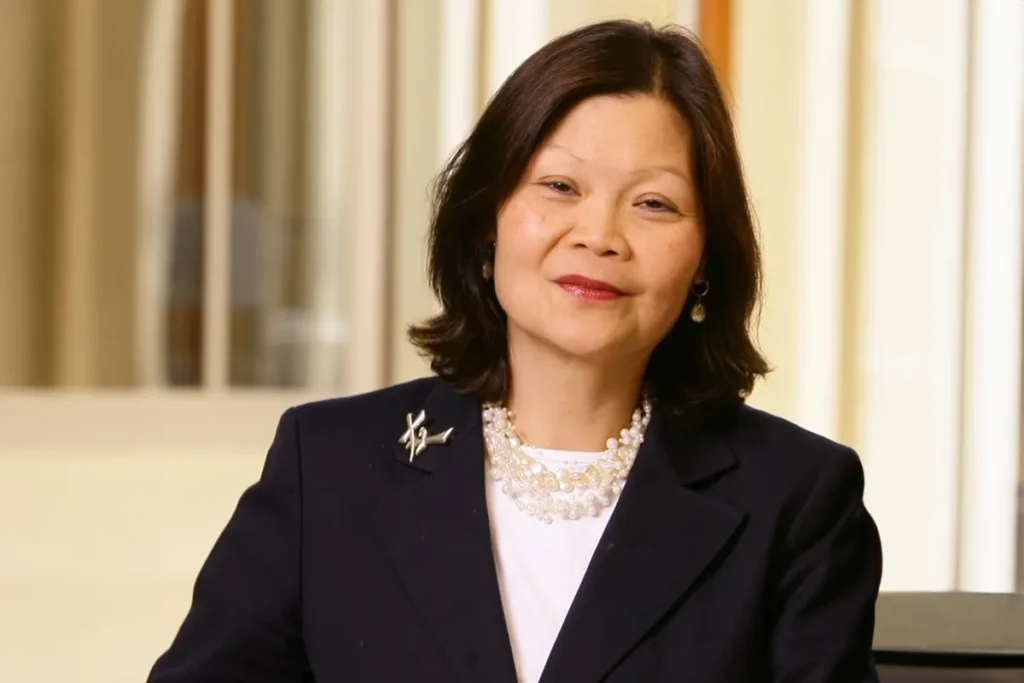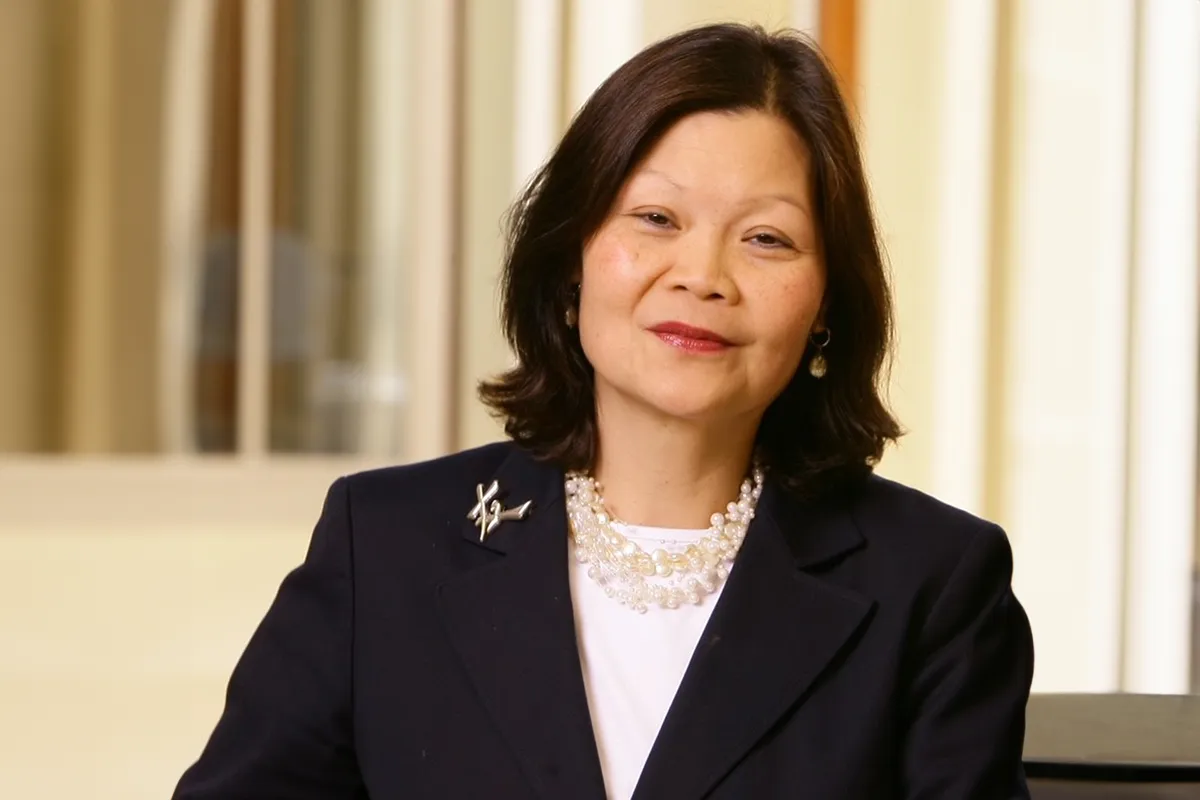Every top athlete has a trusted coach on the sidelines. But you don’t have to be Simone Biles or Tom Brady—or even consider yourself athletic—to have a wellness coach to help you achieve your goals. The field of health and wellness coaching is a growing specialty that supports and guides individuals on their wellness journeys.
“Health and wellness coaches help clients understand where they are, where they want to be, and how to connect the dots,” says Sachiko Komagata, Ph.D., P.T., chair of the Georgian Court University Department of Integrative Health and Exercise Science. Dr. Komagata, a National Board of Health & Wellness Coaching certified professional, recently joined Dr. Vincent Chen, another faculty member in her department, to share ways individuals can make a fresh, healthy start in the new year. See Part 1 of this three-part series.
While coaches might have backgrounds in nutrition, nursing, or physical therapy, Dr. Komagata says, they don’t dispense medical advice.
“We believe the clients’ solutions can be found within themselves, and we’re the catalyst that supports them as they work to become the best version of themselves.”
Dr. Komagata offers additional insight and ideas in this video:

Wellness Coaches Set Priorities
Goal setting, nonjudgmental listening, and reflections are foundational to health and wellness coaching. For example, says Dr. Komagata, a 10-minute walk could be the starting goal for someone who wants to run five miles, or a tour of a grocery store’s produce section could be the first step for a client interested in a plant-based diet. “Along the way, the coach asks the questions and provides the support clients need to follow through on their goals,” says Dr. Komagata.
How can people find a health and wellness coach? Dr. Komagata suggests looking for someone who has completed a health and wellness coaching certification program—some programs are approved by the National Board of Health & Wellness Coaching. Board-certified health and wellness coaches have completed coursework and passed a national exam, which is the current highest standard. You can find a nationally certified coach here.
Ultimately, the investment is what clients make of it. A typical coaching session lasts 30 to 60 minutes, with many practitioners offering a complimentary 20-minute session and discounts on session packages. Fees range from $50 to $200 a session, but Dr. Komagata notes some insurers will reimburse a portion of the cost for board-certified coaches.
“It’s important to choose a coach who’s not only a financial fit,” she adds, “but someone you connect with and believe you’ll enjoy having on your journey.”
Contributed by Sheila Noonan.















